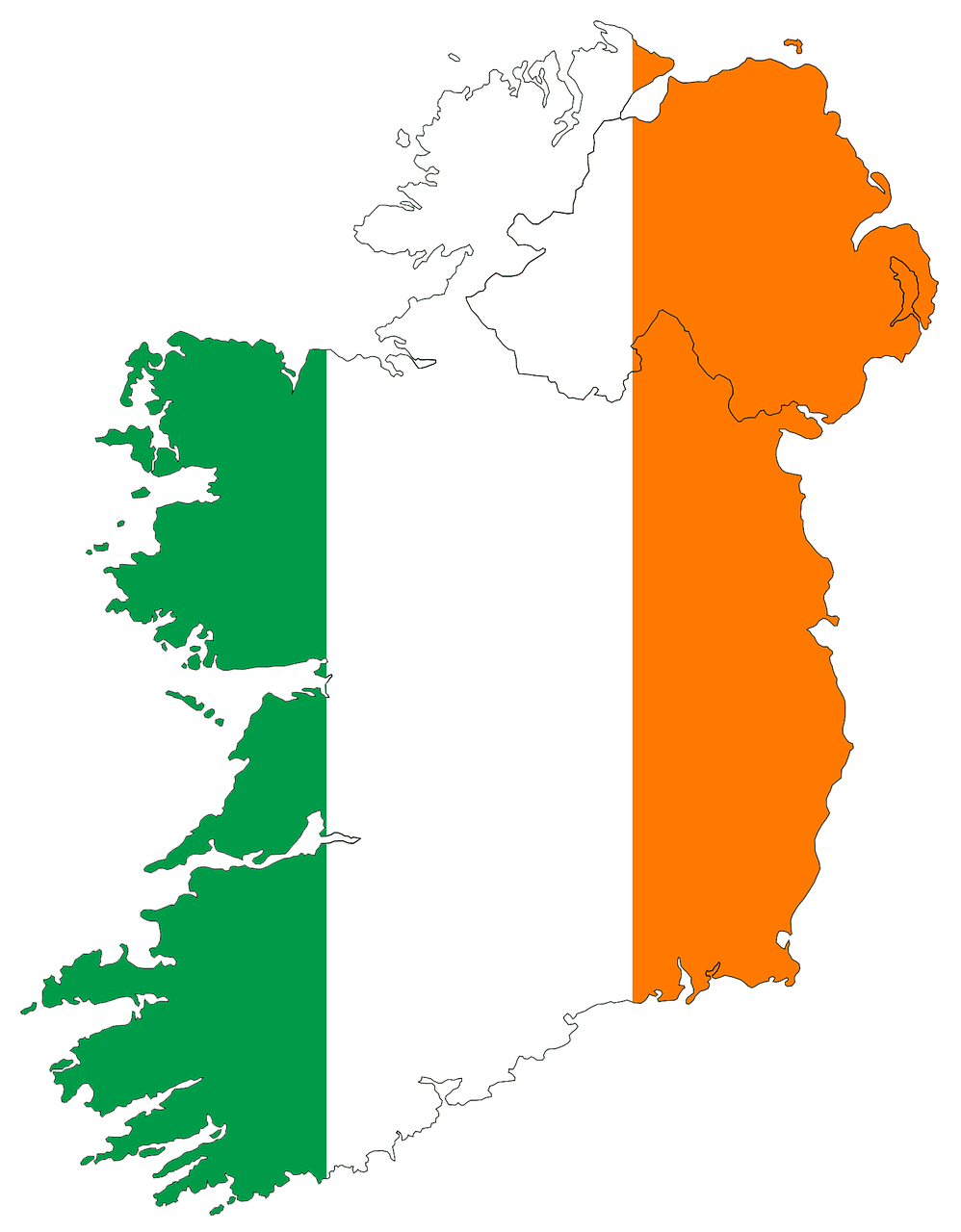
The news announced on Monday morning that Bank of Ireland, one of Ireland’s leading national banks, is set to close over 100 of its branches nationwide sent shockwaves through towns and villages across the locality. Seven of the branches are in Co. Limerick, including Rathkeale, Abbeyfeale, Askeaton and Bruff, and three in Co. Kerry which includes Castleisland and Tralee.
The Financial Services Union has described the decision as shameful and an act of betrayal to loyal staff and customers. John O’Connell, General Secretary asked, “How can Bank of Ireland think it is appropriate to make this announcement when the country is in the middle of a pandemic? It is a shameful act which needs to be reversed.”
Bank of Ireland has stressed that an agreement with An Post will allow customers to transact their business in their local post office, and Chief Executive Francesca McDonagh, said on Newstalk that “Technology is evolving, and customers are using branches less year-on-year, and the mobile app is customers’ most popular way to bank. Covid-19 has accelerated this changing behaviour and we’ve seen a seismic shift towards digital banking over the past 12- months.”
We’ve been in lockdown for most of the year. It stands to reason that using banks and indeed other services has been curtailed. We have been housebound, apart from essential travel like grocery shopping, and people have largely become dependent on internet banking. That is not to assume that when we finally see an end to the pandemic, hopefully, we won’t return to banking in branches again. It could be said that Bank of Ireland has taken advantage of the pandemic to streamline its expenses, and, in the process, has given no thought to rural communities who have served it well through the years. Is this the price we pay for adhering to Covid restrictions? Online banking is a privilege for those who are fortunate enough to have good internet access, and many in the locality certainly do not. It must also be recognised that many of our older generation do not have smartphones and have no interaction with online business dealings. We have a large ageing population who have always con-ducted business at the bank, face-to-face with the manager or bank clerk, whom they knew and trusted. Is that loyalty to be discounted? Are they now to be punished for adhering to government restrictions and staying home?
Councillor Michael Collins, Lord Mayor of Limerick City and County Council, said “Disap-pointing news that Bank of Ireland are to close branches in Abbeyfeale, Askeaton, Bruff, Caher-davin, Rathkeale, Roxboro and University of Lime-rick, citing a drop in footfall. What do they expect in a pandemic and when we’re all being told to stay at home? It’s important that all customers of BOI contact them and let their views be known. I believe it’s a retrograde step by the bank group.”
Maurice O’Connell, Chairperson of Abbeyfeale Community Council said “This is a devastating blow to a market town like Abbeyfeale. Bank of Ireland has been a landmark business in a landmark building, not just for years, but for decades. I feel many businesses may be forced to move their banking.” He pointed out that, if people have to travel to other towns to bank, the risk is that they also leave their money in that town.
There’s no denying that we have become a cashless society. And even though there are advantages to swiping cards, there are also many disadvantages. Banking solely online exposes your personal information to a possible data breach, or if hackers drain your bank account, or you may experience technical issues, you may not have an alternative source of money. Those without bank accounts will struggle to keep up with evolving cashless technology. Some may find it harder to control spending when they don’t see physical cash leaving their hands. But, most of all, the fear is that we will be forced to conduct our business with nameless and faceless personnel whose only interaction with customers will be over the phone. It’s a hard price to pay for progress.





